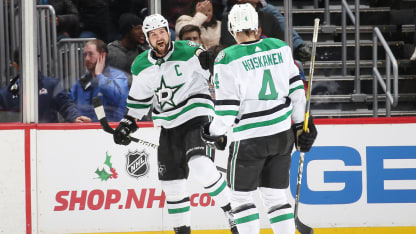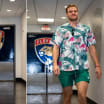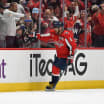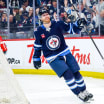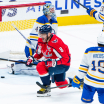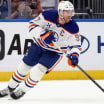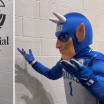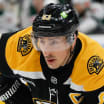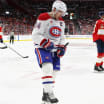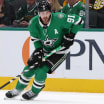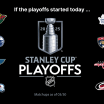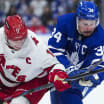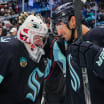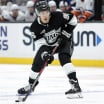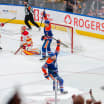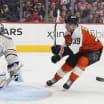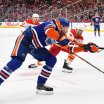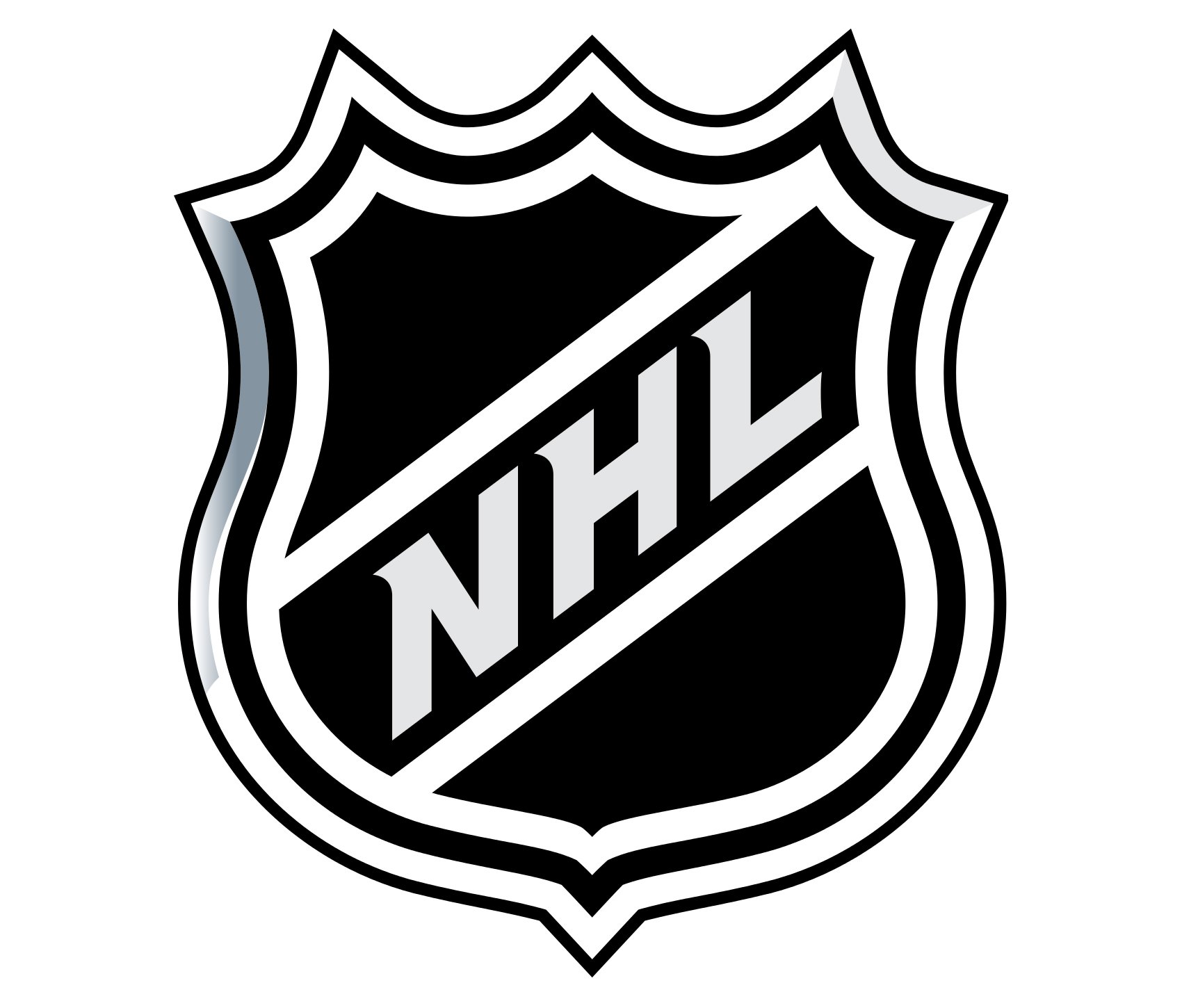The Stars were able to find success in their first year under coach Jim Montgomery, finishing 43-32-7 and qualifying for the playoffs for the first time in three seasons before eliminating the Nashville Predators, who won the Central Division, in the first round.
Now with their new additions, they'll be looking to take the next step.
"We knew we had to get better, and the rest of the League is getting better," Nill said. "Our biggest thing is making the playoffs, and to do that, we have to get out of [the Central] Division. We knew we had to get better and fortunately, we are able to get some key pieces and now we will see how it works out."
In a wide-ranging interview with NHL.com, Nill discussed signing Perry, the growth of defenseman Miro Heiskanen, and the Traverse City NHL Prospects Tournament:
The one thing that you can say about the two forwards the Stars acquired in free agency is that they are prototypical Western Conference power forwards. Was that important to you?
"I think the first thing is you have to try to get into the playoffs, so you have to have enough skill on a nightly basis to try to win. It's not only skill, it's goaltending and everything else, and I think we have all of that. Then, to have success to survive in the playoffs, you do have to have some size and weight to your team. We think we have a good mix on our team. We think we have good skill and we have good goaltending, so any time you can add a little bit of size to get out of the West, you are going to have that. It's a grind to get out of the playoffs, so you have to have size and strength."
Obviously, there is some concern about Perry, who was bought out by the Ducks and struggled last season with 10 points (six goals, four assists) in 31 regular season games. What convinced you he was the right fit for the Stars?
"I've seen him for all these years and I know what his credentials are. He had a knee injury, ACL total reconstruction. Just from a historical perspective of how those things are, it takes a year to bounce back. We think he is going to have a better year. We like what he brings. He brings a presence. He's a net-front guy, involved in the action all the time. I think he is going to bring a little fire to our lineup with the way he plays."
